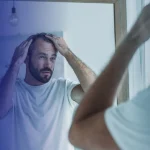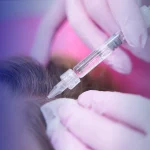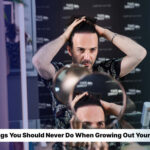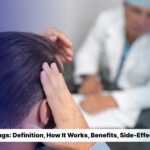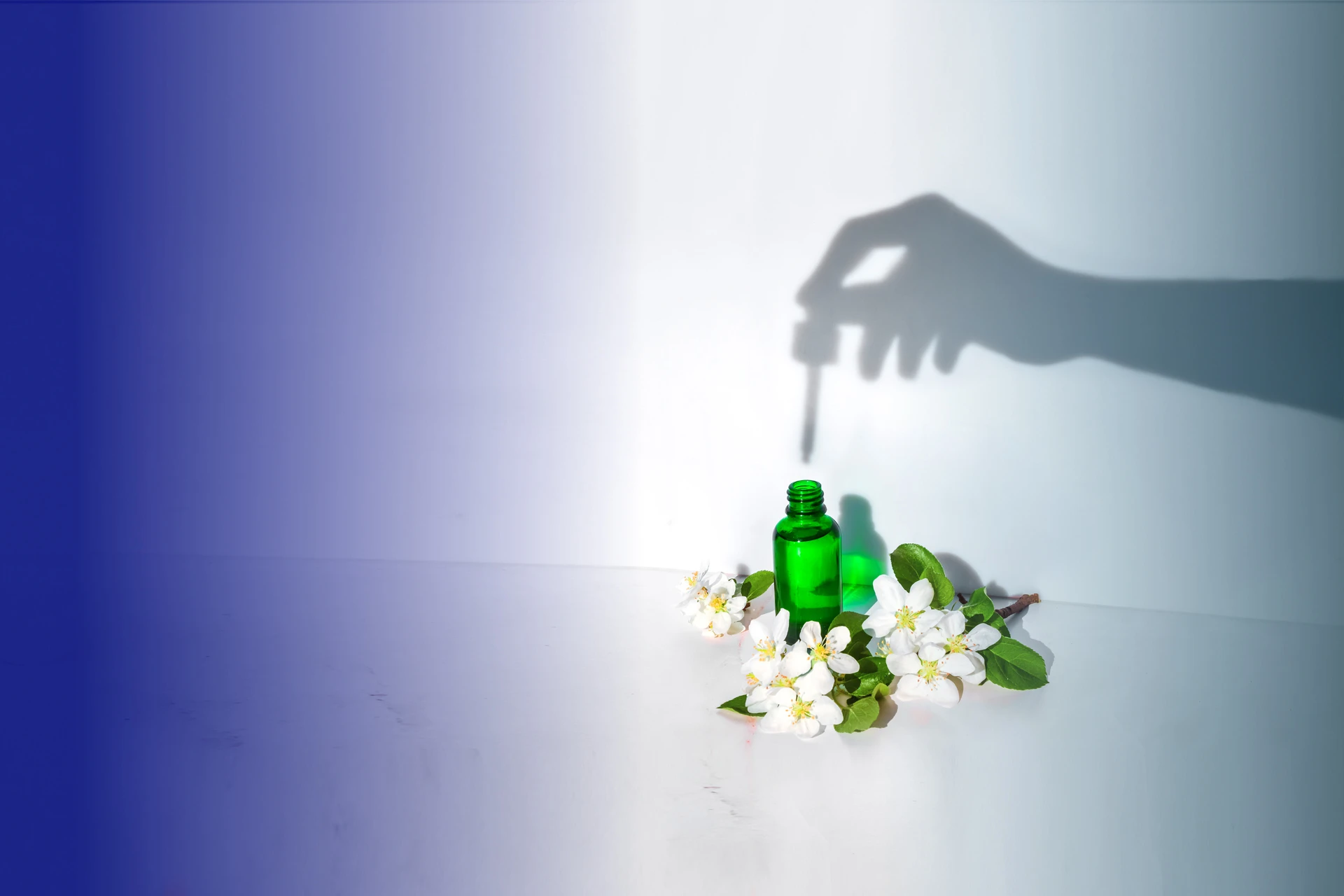
Table Of Content
We all know the benefits of using nourishing shampoos, conditioners serums and treatments to keep hair shiny and healthy. However, there is also plenty we can do from the inside to help improve the condition of our hair. After all, eating healthily does wonders for the rest of our body, from our skin and joints to our immune system and heart. Taking in the right amount of vitamins for hair growth is a great way to begin a nutrition-based hair care regime. There are many different types of minerals and vitamins available. So, it is important to find out which are the best vitamins for hair growth.
It is always wise to double check expansive claims made by celebrity endorsed, so-called miracle hair treatments. However, there is solid evidence that taking in certain vitamins really do help keep hair healthier. For example, vitamins B, D and E both support healthy hair growth. Vitamin B boosts blood circulation, vitamin D stimulates the hair follicles and vitamin E adds a protective barrier to keep replenishing oil and moisture in. Taking in enough vitamins for hair in general help with new cell growth all over the body.
So, do your research into which vitamin is good for hair to see which supplements are the most effective. Then work out what your hair needs help with and match the vitamins and minerals accordingly. Other minerals to look out for in nutritional supplements include zinc and iron. This is because a lack of these in the body can, in some cases, contribute to hair loss. If you choose to take a vitamin supplement to boost your hair’s healthy growth, check the ingredients carefully. Always take supplements according to the instructions and back them up with a healthy, nutritious diet. Be patient as it may take a few weeks or even months to see results around hair growth.
Vitamin B is widely available to buy in supplements. They offer a wide range of nutritional benefits from head to toe. However, B is a good hair vitamin because it comes in eight different types:
Vitamin D is a well-known vitamin for hair loss, because it stimulates hair follicles to grow. Having a vitamin D deficiency can often lead to hair loss as a result. It can also be linked to conditions such as alopecia areata, or severe loss of hair. The vitamin boost growth of the hair follicles, or pores from which hair grows out of the scalp. Good sources of vitamin D include avocado, chia seeds, eggs, cheese, nuts, salmon, sardines and trout. Supplements can be taken to boost vitamin D levels too, which can be checked out with a simple blood test.
Research into the efficacy of Vitamin E in supporting hair health has shown that it can help improve scalp and hair condition. This is due to its antioxidant properties that reduce oxidative stress that is linked to hair loss. Vitamin E can also help blood flow. Additionally, it adds a protective oily layer on the surface of the skin and hair cuticles to add shine and protect against pollutants. Dull and damaged hair can look frizzy, so adding vitamin E to restore shine can mitigate against this effect. Good foods for vitamin E include nuts, leafy green vegetables, olive and sunflower oils, meats and fortified cereals.
Vitamin B deficiencies present in several different ways. It is especially important to take in enough vitamin B if you are older, pregnant or breastfeeding. General symptoms can include fatigue, confusion or anaemia, as well as a compromised immune system. More relevant to hair growth and loss, however, is the issues a deficiency can cause to the blood circulatory system, which supports healthy follicle growth.
Vitamin D deficiencies show very obviously in hair thinning or loss. This is why it has proven to be an excellent vitamin for hair growth. Other symptoms of vitamin D deficiency can include low moods, loss of bone density and bones that break more easily, muscle weakness, fatigue, chronic pain and problems with high blood pressure. Lack of exposure to sunlight can also exacerbate vitamin D deficiency. If hair has become dry and brittle though vitamin D deficiency, avoid brushing it too harshly as strands will break off more easily. Don’t put hair up into tight styles like braids, ponytail or a bun and use a gentle, natural shampoo and conditioner to add protection.
Finally, a deficiency in vitamin E can result in an itchy, dry or irritated scalp, due to the lack of protective oily layer that the vitamin provides when it is present in healthy levels. Some people can find that dandruff levels increase and hair shedding or loss can become more prominent. Use a vitamin E rich anti-dandruff shampoo on your hair and a fortified body cream to address dry, flaky skin anywhere else on the body. If you cannot find permanent solutions to your hair loss problems with medication and vitamin treatments, you should consider hair transplantation. Turkey hair transplant is a preferred location with its advanced clinics and specialist doctors.
Getting a hair transplant in Turkey has become increasingly popular due to the country’s advanced medical facilities and competitive pricing. Turkey hair transplant cost is generally lower compared to many other countries, making it an attractive option for those seeking hair restoration. The Turkey hair transplant cost can change, depending on the number of grafts required and the clinic chosen.
